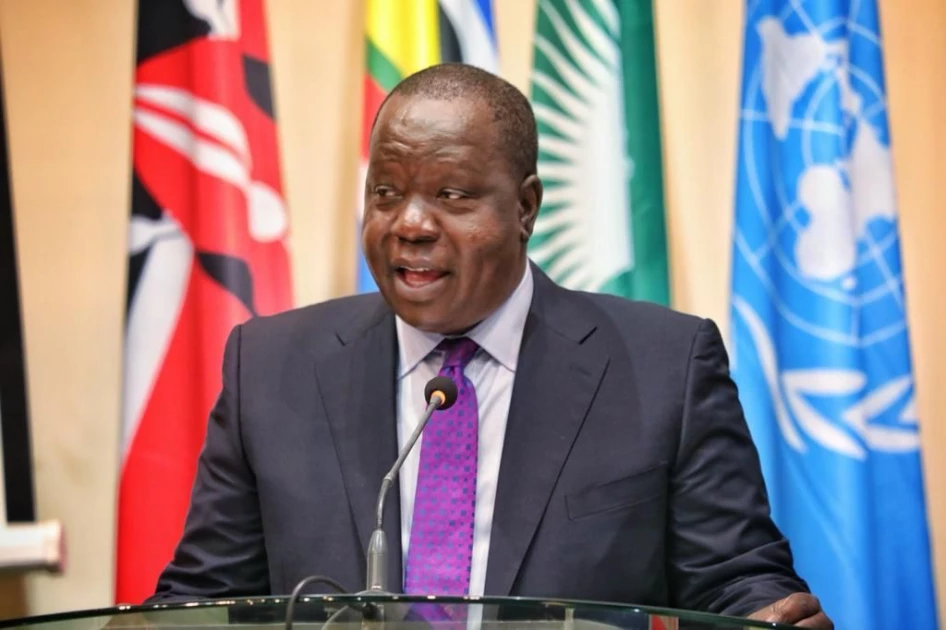The 10 Best Books on Investing You Need to Read
This article covers the top 10 must-read books on investing that can help beginners and experienced investors build wealth. Whether you’re interested in stock market investing, value investing, personal finance, or advanced trading strategies, these books offer proven insights from legendary investors. By learning from experts like Warren Buffett, Benjamin Graham, and Peter Lynch, you can develop the mindset, strategies, and skills needed to make smart investment decisions.
1. The Intelligent Investor – Benjamin Graham
📖 Why Read It?
Considered the Bible of value investing, this book teaches how to analyze stocks, manage risk, and develop a long-term investment strategy.
💡 Key Takeaways:
✔ Focus on intrinsic value when picking stocks.
✔ Avoid speculation and invest for the long term.
✔ The "margin of safety" concept helps protect against market downturns.
🔥 Best for: Beginners and long-term value investors.
2. Common Stocks and Uncommon Profits – Philip Fisher
📖 Why Read It?
Philip Fisher’s growth investing philosophy focuses on finding high-quality companies with strong management and long-term potential.
💡 Key Takeaways:
✔ Invest in companies with strong innovation and research.
✔ The management team is as important as the financials.
✔ Look for companies with sustainable competitive advantages.
🔥 Best for: Investors who want to pick growth stocks like Amazon or Tesla.
3. The Little Book of Common Sense Investing – John C. Bogle
📖 Why Read It?
John Bogle, founder of Vanguard and index funds, simplifies investing with a low-cost, long-term approach.
💡 Key Takeaways:
✔ Index funds outperform most actively managed funds.
✔ Lower fees mean higher returns over time.
✔ Consistency beats market timing—stay invested for decades.
🔥 Best for: Those who prefer passive investing over stock picking.
4. One Up on Wall Street – Peter Lynch
📖 Why Read It?
Peter Lynch, a legendary mutual fund manager, shares how everyday investors can spot winning stocks before Wall Street.
💡 Key Takeaways:
✔ Invest in what you know—your daily life gives investment clues.
✔ Small-cap stocks often outperform large-cap stocks.
✔ Do your research before investing in any stock.
🔥 Best for: Beginner investors who want simple, actionable advice.
5. The Psychology of Money – Morgan Housel
📖 Why Read It?
This book focuses on the emotional and psychological aspects of investing and personal finance.
💡 Key Takeaways:
✔ Behavior matters more than intelligence in investing.
✔ Wealth is built over time through consistent habits.
✔ Avoid short-term thinking—invest with a long-term perspective.
🔥 Best for: Anyone looking to improve their money mindset.
6. A Random Walk Down Wall Street – Burton Malkiel
📖 Why Read It?
This book explains why markets are efficient and why its difficult to beat the market consistently.
💡 Key Takeaways:
✔ Stock prices reflect all available information—making it hard to find "undervalued" stocks.
✔ Passive investing (index funds) beats most active traders.
✔ Diversification is key to reducing risk.
🔥 Best for: Investors curious about market efficiency and index investing.
7. The Warren Buffett Way – Robert G. Hagstrom
📖 Why Read It?
This book breaks down Warren Buffett’s investment strategies and how he picks stocks.
💡 Key Takeaways:
✔ Focus on companies with strong fundamentals and long-term potential.
✔ Buy and hold—avoid short-term trading.
✔ Quality businesses outperform the market over time.
🔥 Best for: Those who admire Buffett’s value investing philosophy.
8. Rich Dad Poor Dad – Robert Kiyosaki
📖 Why Read It?
This book focuses on financial education and the importance of investing to build wealth.
💡 Key Takeaways:
✔ The rich buy assets (stocks, real estate), while the poor buy liabilities.
✔ Invest early and make money work for you.
✔ Financial education is key to escaping the rat race.
🔥 Best for: Beginners who want to develop an investor’s mindset.
9. The Millionaire Next Door – Thomas J. Stanley & William D. Danko
📖 Why Read It?
This book reveals how most millionaires live frugally and invest wisely to build wealth.
💡 Key Takeaways:
✔ Wealth comes from disciplined saving and investing.
✔ Millionaires don’t necessarily have high incomes—they just manage money well.
✔ Frugality and smart investing are the secrets to financial success.
🔥 Best for: Those looking to build long-term wealth through smart habits.
10. The Simple Path to Wealth – JL Collins
📖 Why Read It?
JL Collins shares a straightforward approach to achieving financial independence through investing.
💡 Key Takeaways:
✔ Invest in low-cost index funds (like VTSAX).
✔ Financial independence is achievable with consistent investing.
✔ Avoid debt and control spending for long-term success.
🔥 Best for: Anyone aiming for financial freedom through investing.
Final Thoughts: Which Investing Book Should You Read First?
If youre just starting out, start with:
📌 The Little Book of Common Sense Investing (for index funds)
📌 Rich Dad Poor Dad (to understand the mindset of investors)
If youre interested in stock picking, read:
📌 The Intelligent Investor (for value investing)
📌 One Up on Wall Street (for growth investing)
If you want to master money psychology, go with:
📌 The Psychology of Money (for emotional and behavioral insights)
💡 Pro Tip: Don’t just read these books—apply what you learn and start investing today!
📌 What’s your favorite investing book?


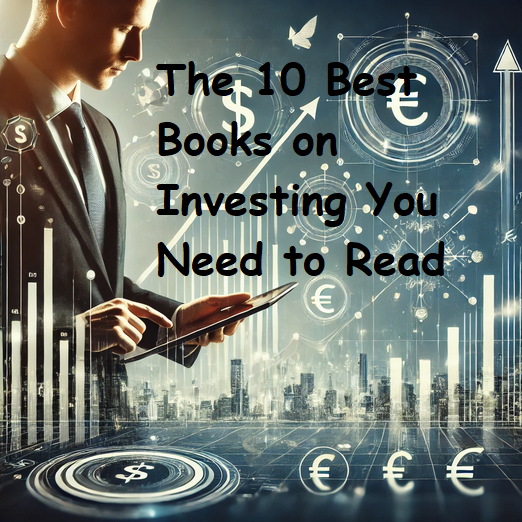


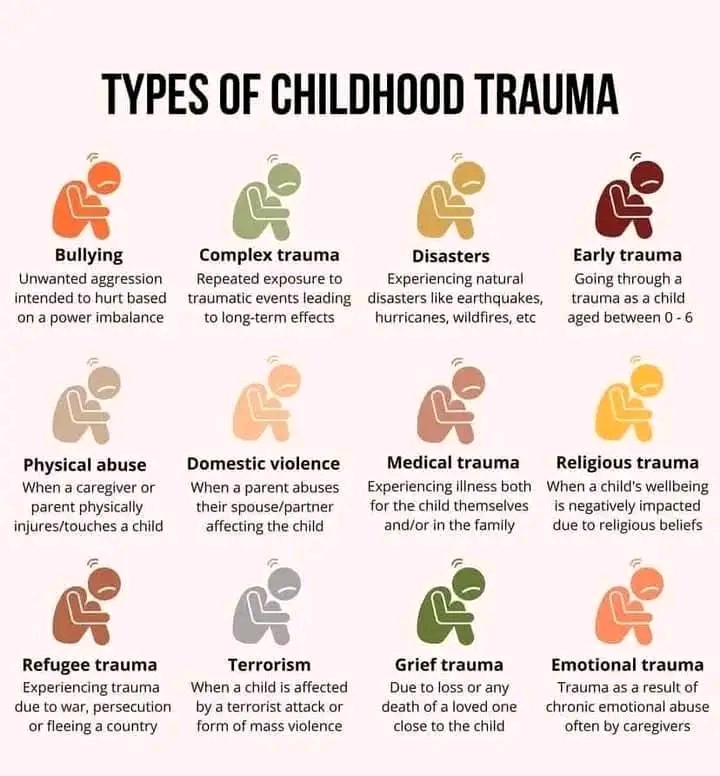
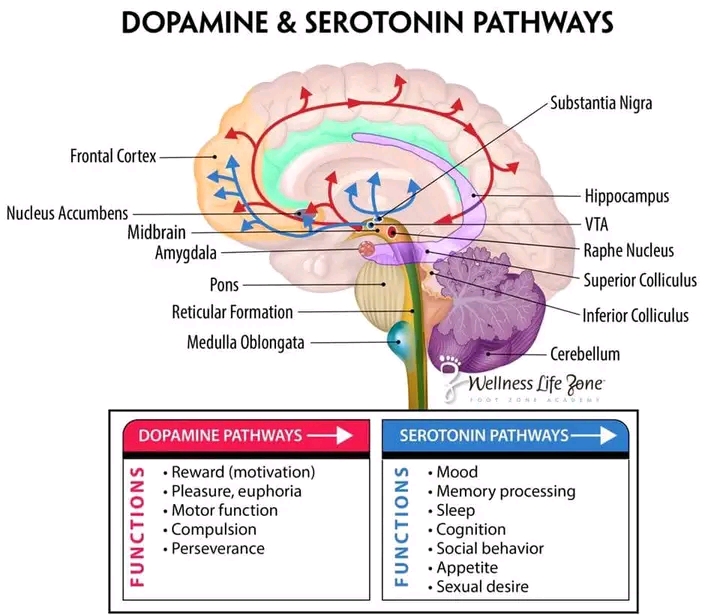

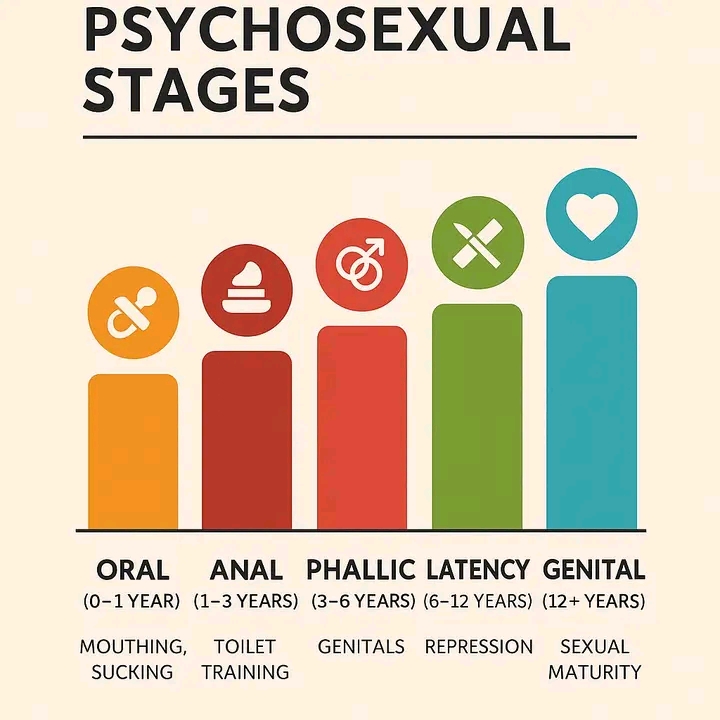


.jpg)
.jpg)
.jpg)
.jpg)
